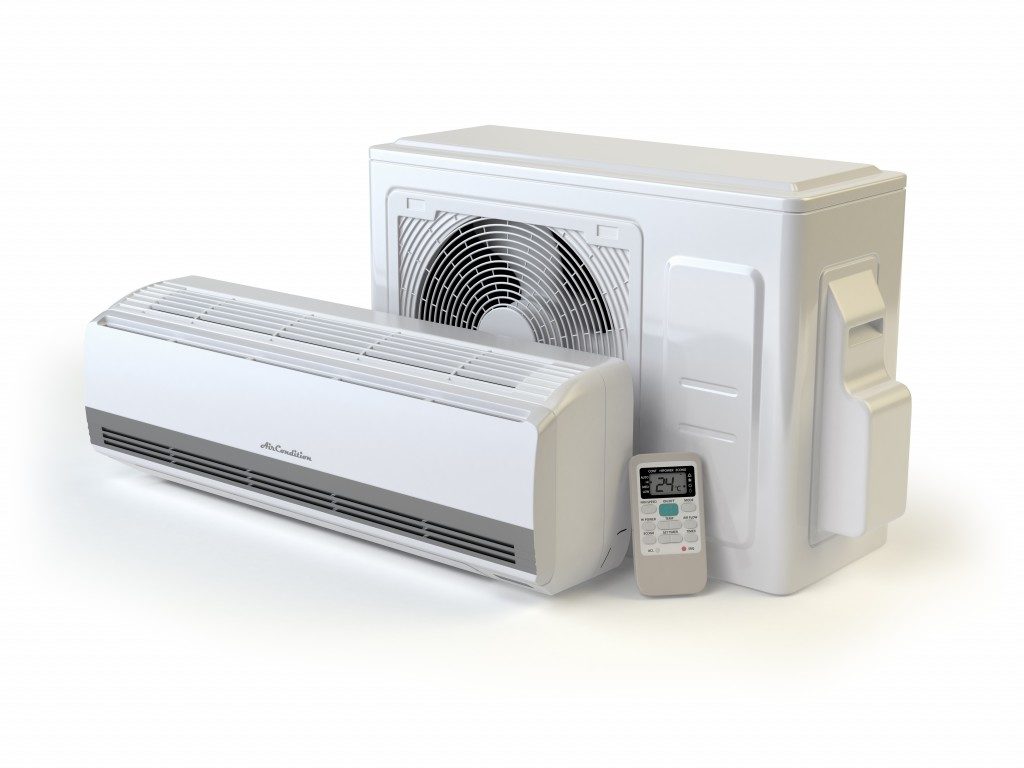Air conditioners come in different sizes, making it challenging for an average homeowner to choose the right one to install in their house. It could be a not-so-trivial matter to some, but it is actually important to choose the right size for your home.
Size does matter when buying an air conditioning unit. A unit that’s too large would cool a room rapidly without eliminating sufficient humidity, while a unit that’s too small will have a hard time keeping up to your desired temperature level.
Sizing of Air Conditioning Units
The first thing to know is that size doesn’t have anything to do with the physical dimensions of an air conditioner. Rather, it refers to the unit’s ability to generate cool air.
Whole-house and room-size air conditioning units are made in various capacities, so it’s important that you know how they’re measured. An air conditioning unit’s capacity to generate cool air is measured using the British Thermal Unit (BTU) per hour in tons.
BTU helps measure an AC unit’s heat output. For instance, 1 BTU is equal to how much energy is required to increase a pound of water by 1o F, with 1 ton being equal to 12,000 BTUs for every hour, or how much energy is required for melting a ton of ice in one day.
Estimating Your Sizing Requirements

While it’s best to have a licensed air conditioning contractor estimate what AC size your house will need, especially if you’re planning to buy a whole-house AC system, you could actually try to estimate it on your own. In general, you would need a capacity of around 1 ton per 600 sq. ft. of space in a moderately insulated home. Take note that a well-insulated, newer home might only need a smaller air conditioning system.
Bigger Isn’t Always Better
The higher the capacity and bigger the unit, the more it would cost because the output is related directly to cost. Acautah.com and other air conditioning installation contractors noted that it’s vital to you choose a size that’s perfectly suited for your home.
If your AC is too small, it won’t be able to maintain its load requirements on hotter days. If your AC is too big, on the other hand, it would cycle on and off consistently and won’t be able to dehumidify the air properly, which in turn would reduce comfort. Experts even say that a slightly undersized AC is better than an oversized AC.
It’s also a good idea to ensure that airflow is accurately balanced to help ensure efficient functioning. These important factors, aside from how your home is insulated, the climate where you live, and how you use the air conditioner, among others should be considered when choosing and purchasing an air conditioning unit or system.
Purchasing an air conditioning system or unit to fit the size of the space you need to cool is extremely crucial. Select the most accurate size and you’ll get the comfort you need, and even save you some money to boot.

